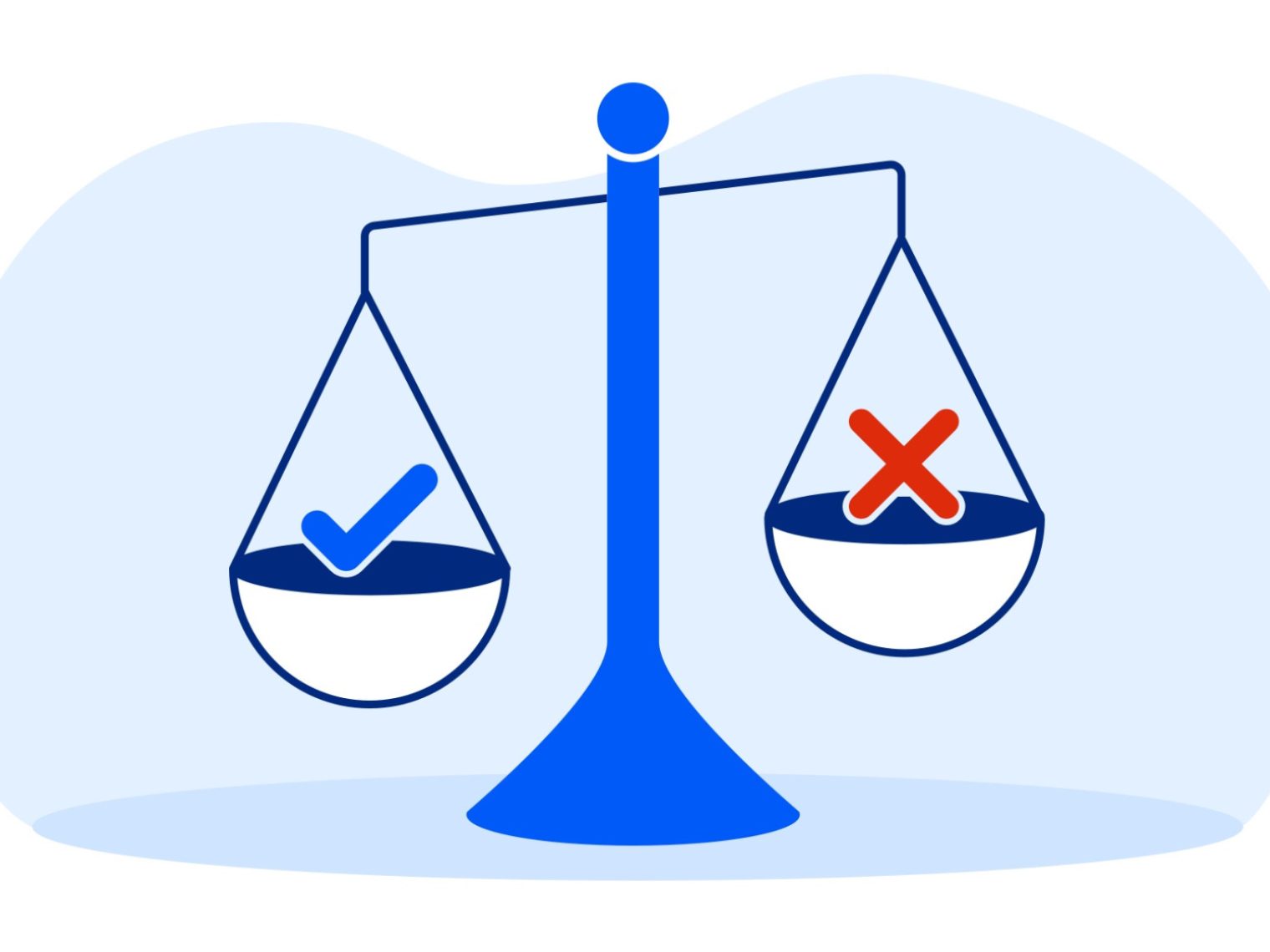The VA appraisal is one of the critical pivot points in the loan process. It's a two-stage step that plays a make-or-break role when it comes to the home you're under contract to purchase. Coming up with a value for the property lies at the heart of this, and that part of the appraisal process relies heavily on something you cannot control -- what others have paid for nearby houses like yours.
What we're talking about is comparable recent sales, or "comps," as mortgage and real estate folks tend to say. VA appraisers can't simply show up to your prospective dream home, take a quick tour and conjure a value. To be sure, they'll get a good look at the property, but they'll also look at the sales price of homes with similar attributes. The latter are much more important than a lot of homebuyers realize, especially first-timers.
Pulling back the curtain on comps leads to the inevitable question: What if there aren't any? The answer isn't something VA borrowers like to hear. The reality is a lack of good comps can make a property incredibly tough to purchase. In fact, you might have to wind up passing on it entirely, depending on your lender and other important factors.
Clearing Up Comps
The VA generally wants to see three comparable sales from within the past six months, and usually never more than the previous year. Ideally, the closer the comps to your purchase, the better, but proximity isn't aways feasible, especially in rural areas. There's no set radius or distance appraisers have to limit themselves to, but, generally speaking, closer is often better, at least for the buyer.
Life would be much easier if there were three or five homes out there exactly like the one you hope to purchase, from the same square footage and number of bedrooms to the age and even the same sweet bi-level deck. But that's not the real world. Instead, appraisers look for similar recent sales and make adjustments and allowances to compensate.
For example, if the home you want to purchase is 1,750 square feet and the first comparable is 1,500 square feet, the appraiser can positively "adjust" the sale price of the comp to try and make it more of an apples-to-apples comparison. Appraisers make these changes on paper and come up with an adjusted sale price for each of the three comparables. They will then use these values along with other information to generate what they feel is the market value of your property.
To say this estimate is a big deal is putting it mildly. Lenders are going to lend the lesser of the purchase price or the appraised value of the home. So, if you agree to buy a home for $150,000, and the appraiser puts the value at $140,000, the lender isn't going to give you a dime more than the appraised value. That means you've either got to bring $10,000 to the closing table or renegotiate the purchase price with the seller in light of the appraisal.
You also have some recourse if you think the appraiser totally missed the mark. VA borrowers can pursue a Reconsideration of Value, which entails having your Realtor providing additional comps not used in the appraisal and any other information they feel supports a higher valuation.
No Comparables
There's a question lurking in all of this, and it's one that can spell trouble: What if the appraiser can't find three comparable properties?
The answer depends on a number of factors and often the lender you're working with. If you're buying a "typical" residential home in a neighborhood, this isn't usually a concern. But it can be for unique properties, like log cabins, dome homes or even more standard homes with unusual specs. Income-producing properties can also be a problem.
If the appraiser isn't able to find a single comparable property, you'll likely struggle to move forward with a mortgage on that site. Some lenders may be able to proceed on a case-by-case basis with a single comparable. Having at least two good comps should help you breathe a bit easier.
This doesn't mean you should automatically pass on making an offer when you find a unique home. But you'll want to stay in close contact with your VA loan specialist before deciding whether to move forward.
Related Posts
-
 VA Renovation Loans for Home ImprovementVA rehab and renovation loans are the VA's answer to an aging housing market in the United States. Here we dive into this unique loan type and the potential downsides accompanying them.
VA Renovation Loans for Home ImprovementVA rehab and renovation loans are the VA's answer to an aging housing market in the United States. Here we dive into this unique loan type and the potential downsides accompanying them. -
 Pros and Cons of VA LoansAs with any mortgage option, VA loans have pros and cons that you should be aware of before making a final decision. So let's take a closer look.
Pros and Cons of VA LoansAs with any mortgage option, VA loans have pros and cons that you should be aware of before making a final decision. So let's take a closer look.

